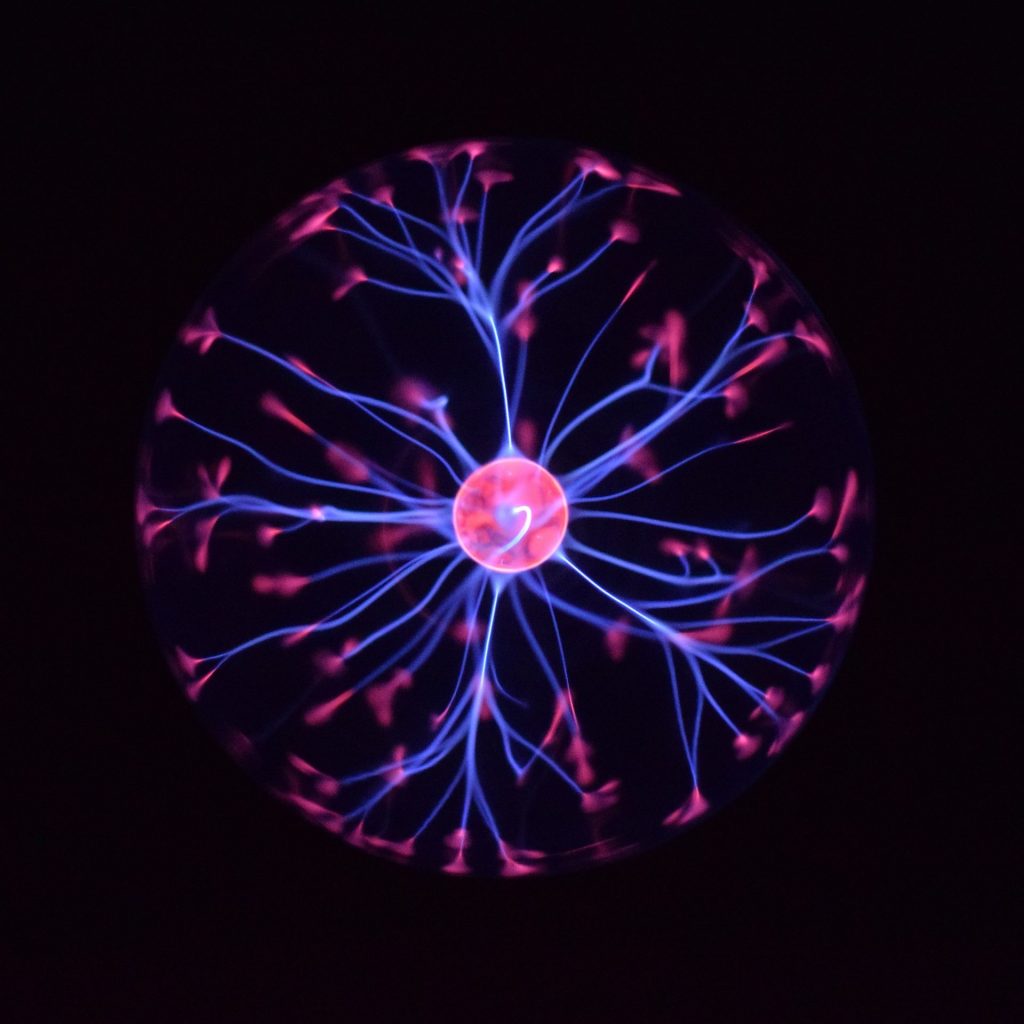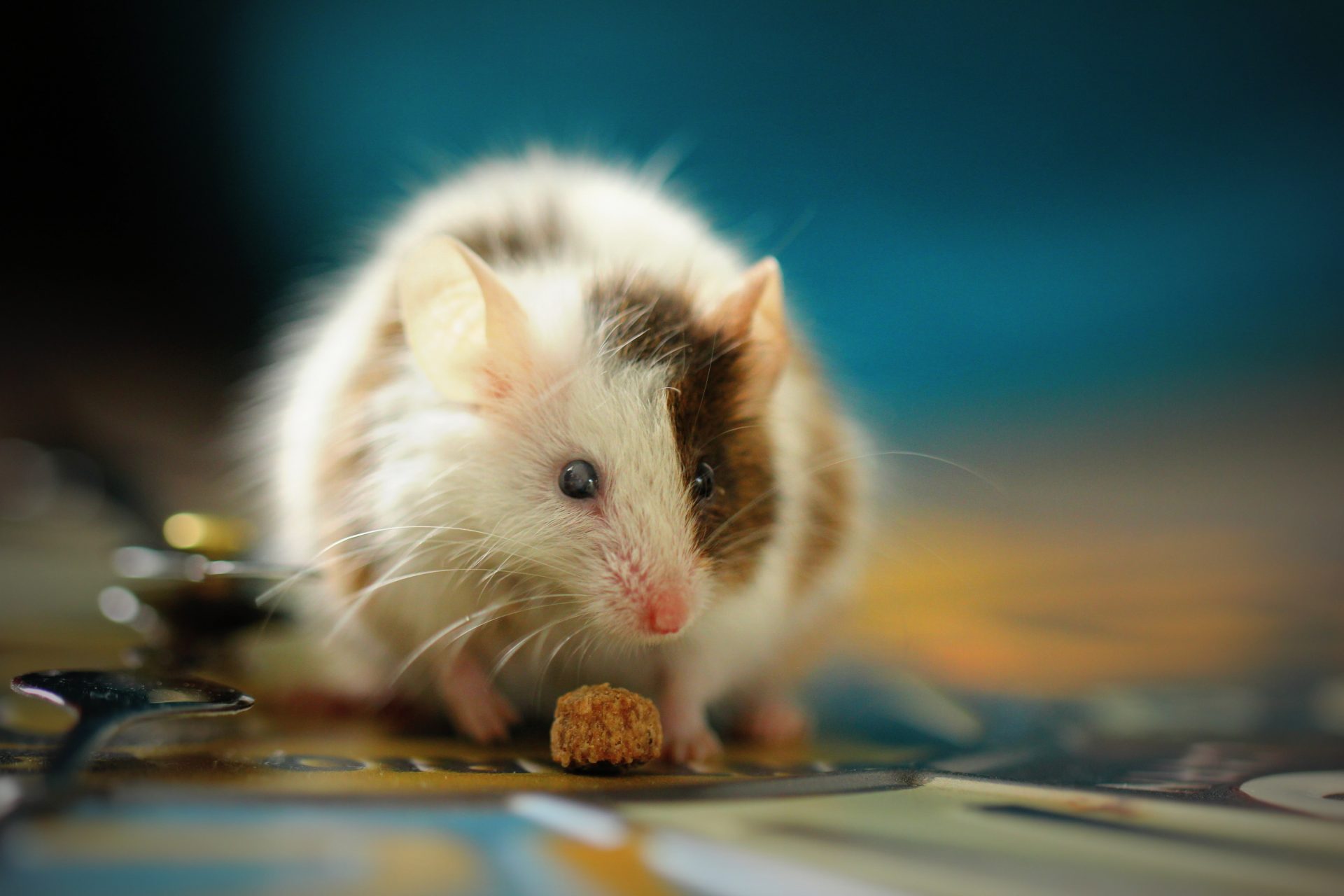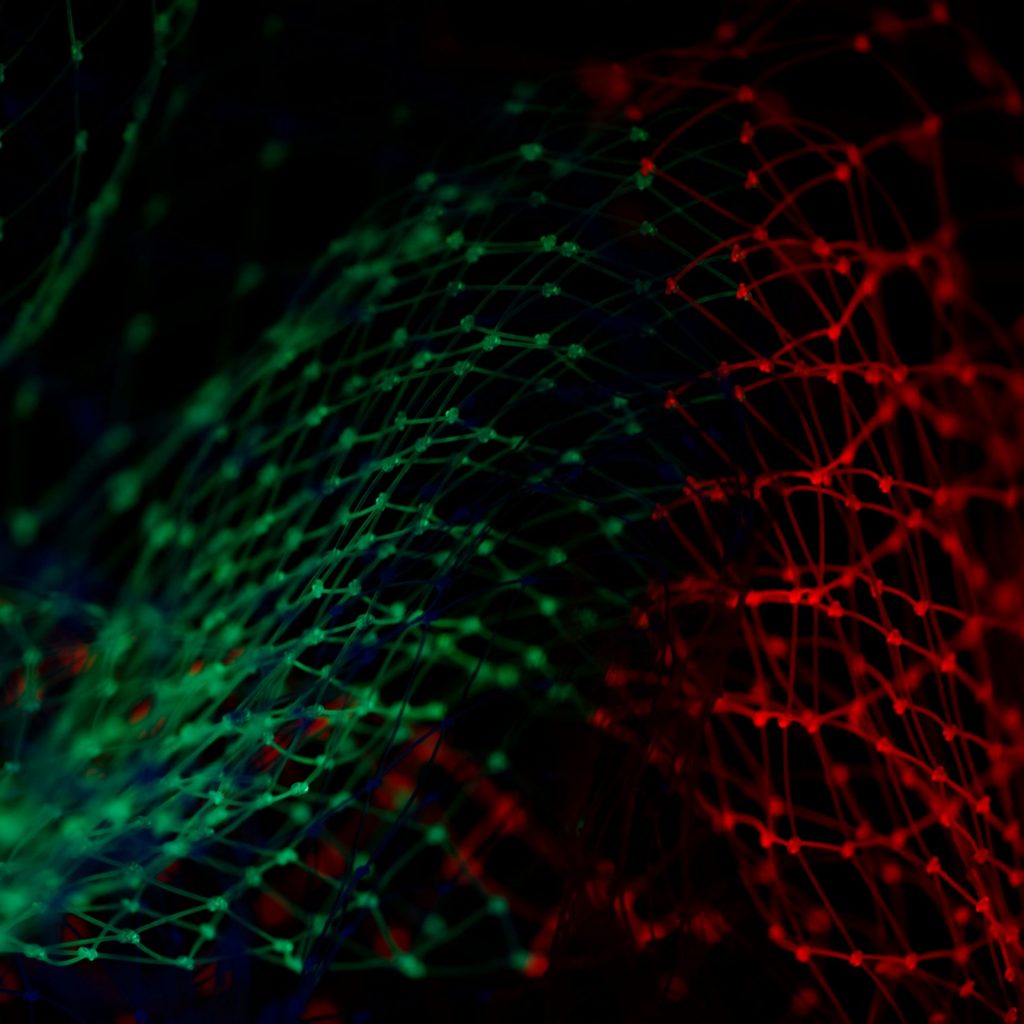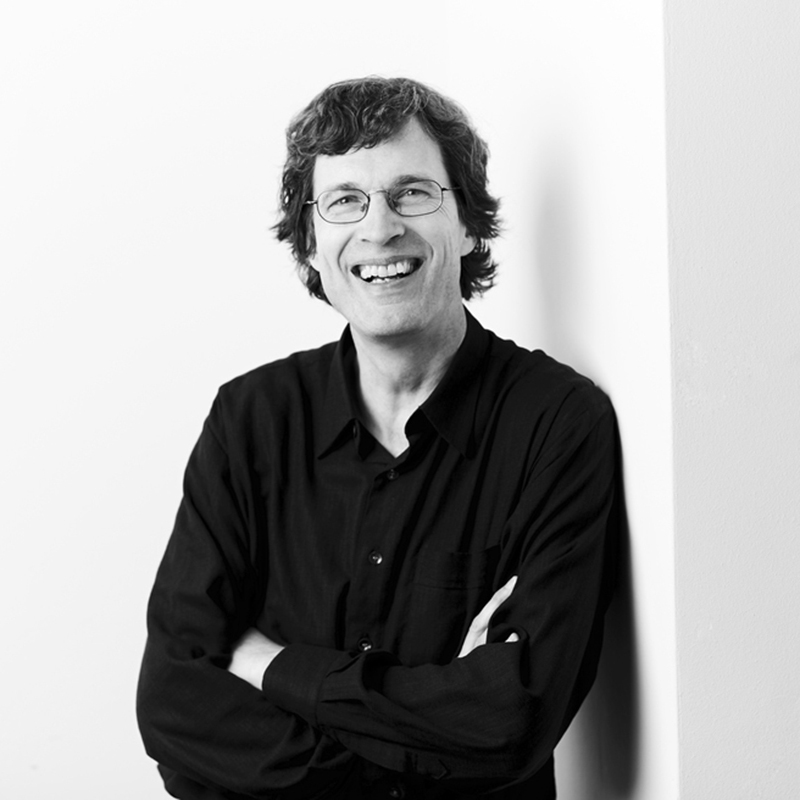Asifa Majid (University of Oxford), “Establishing Human Universals”
Abstract: Psychology, the "science of mental life", aims to provide models and theories that apply universally. However, there is a growing concern that what we gather from studying humans in a particular place and time might not accurately reflect how humans behave in other contexts. This talk will consider how we can establish whether something
















